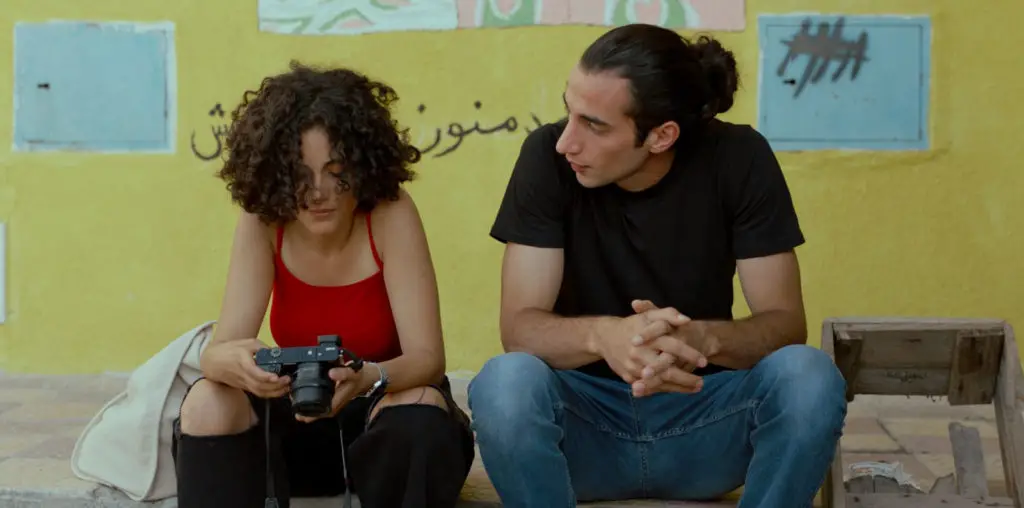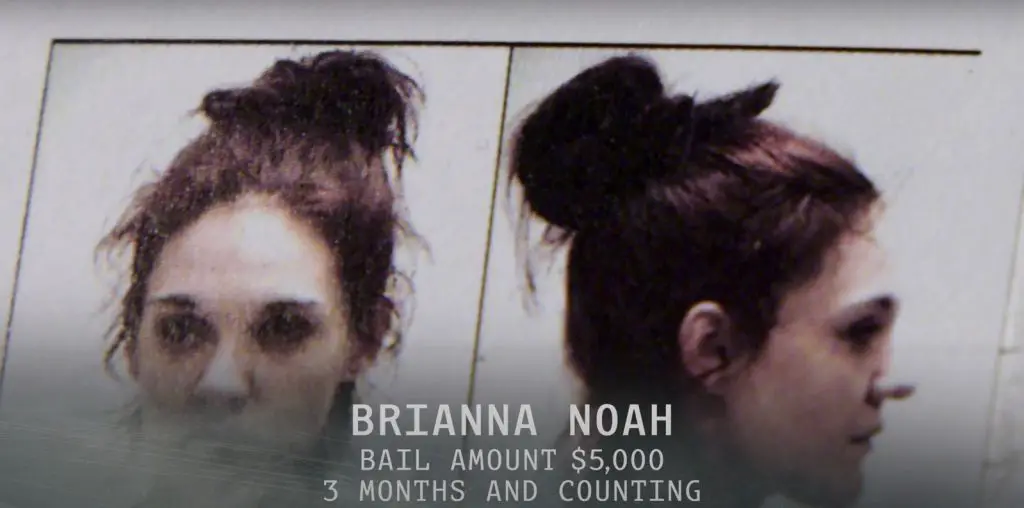
Corneliu Porumboiu’s “Police, Adjective” is an extremely effective film about what an astonishingly tedious thing it is to be a narcotics detective in semi-urban Romania. In the morning, I saw Lars von Trier’s “Antichrist,” with its clitoris-clipping and t******e-smashing, and in the afternoon, I saw “Police, Adjective.” It’s no contest: “Police, Adjective” is much, much more difficult to sit through.
Here is the plot: Cristi, the detective, is investigating reports from an informant that a local teenager is a drug dealer. In this context, “drug dealer” means that he sometimes smokes a joint on the playground with two friends. For this, they have a detective tailing him day-in, day-out. Cristi doesn’t want to arrest the kid, but his captain does. Sometimes the characters discuss semantics. That’s it. That’s the whole movie.
There aren’t really any characters. Cristi has a wife, and they argue about the meaning of certain lyrics in a song. We see him eating soup. We see him eating some sort of goulash. Sometimes he smokes a cigarette. Sometimes he sighs. We barely meet any other cops. The kid Cristi’s trailing does not have a single line in the film.
The filmmaking is so conservative that it would be a stage play if it could. There are no close-ups, only long (when outdoors) and medium (when indoors) shots. The colors are drab. The acting is drained of emotion. This sort of flatness takes real effort. The filmmakers didn’t do a halfhearted job here. They put everything they had into making “Police, Adjective” a chore to watch. Why?
For almost two hours, we watch Cristi follow the dope-smoking kid around. There are long, unvarying, cheap-looking shots. Here’s the kid smoking on a playground. Here’s the kid walking off the playground. Here’s the empty playground. Now Cristi walks onto the playground. Now Cristi picks up the discarded joint and smells it. That took about fifteen minutes of screen time.
Stick around, and you will also enjoy…shots of Cristi walking! Shots of Cristi standing and not moving! Long, slow shots of Cristi’s police reports, describing the above, translated in their entirety via subtitles! The film begins to feel like a cruel joke.
But wait. I haven’t gotten to the climax yet. Cristi goes into the police captain’s office and – I swear – they read the dictionary to each other for fifteen minutes. Sometimes they re-read definitions that they’ve already read.
Because, you see, “Police, Adjective” is a film about language. It says so in the press materials. “I wanted to make a film about language, about its meaning or, better yet, about its lack of meaning,” says the director’s statement. “Cristi is a cop enforcing a law made out of words…. Behind the words, there’s the dictionary; in the past, behind the words there was God, but that’s a world my characters no longer have access to.”
I politely prefer to believe that the director’s statement is incomplete, and I reassert my claim that “Police, Adjective” is in fact a film about how boring it is to be a cop in Romania. Because if it actually is a film about language, I’d have to say that the current version should have been edited into an eight-minute short.

